A Climate Advocate Who Can’t Vote
Photo by Micheli Oliver
Last week I was at a climate leadership summit with powerful individuals from the outdoor industry. In this room, full of predominantly white men and a few women representing an elite class of climbers, skiers, Olympians, etc, the question was asked: how can we encourage diversity in the climate advocacy world? I watched this demographic scratch their heads trying to come up with an answer. Eventually the consensus they came to was “just vote”. “It’s the easiest thing that most people can do”, a white man shared, “it’s easier than flossing”.
My blood boiled. My knot rose to my throat and I could feel my heartbeat marching louder than the beat of a drum. And even though my voice was shaking, I spoke up. I spoke up for the 30.5 million individuals who were not represented in that room, and are seldom represented in the climate advocacy space.
Being a climate advocate who can’t vote is infuriating. I am constantly in rooms full of people who don’t understand my intersectional identities, and are therefore unable to see me or create space for my needs. My communities, the poor, rural, undocumented, working class communities, are on the frontlines of environmental racism, imperialism, and genocide. And politically, we have less agency to do anything about it. We don’t have a political voice to fight for our lives through voting. We can’t fight for our futures.
Photo by Sofia Jaramillo
Remember back when white women weren’t able to vote? Well you say, that changed in 1920 with the 19th Amendment. What about African Americans? Yes, but the Voting Rights Act of 1965 gave African Americans the vote. And Native Americans? They fought state by state for the right to vote until 1962. When we think about these times it is always followed by “we’ve come so far”, or “thank god we’re not there anymore”.
Did you know that I can’t vote, and have never been able to vote? Did you know that there are approximately 25.3 million people who live in the United States and can’t vote? We are immigrants. We are the working class. We are an integral part of every industry, including the outdoor industry. For many of us, the U.S. has been our only home. It’s all we know. And yet, we don’t have a say. We don’t have personal agency to advocate and exercise our democratic right through voting.
There are other communities who are disproportionately affected by the inability to vote. They are mainly Black and Indigenous communities targeted in one way or another by gerrymandering, restrictive voting laws and the prison industrial complex. People who hold felony convictions are restricted or downright forbidden to vote. That’s another 5.2 million people. People who hold felonies are disproportionately Black, Indigenous people of color. This is because our carceral systems are rooted in white supremacy.
“All of this is not a coincidence. It’s important to call these incidents by their true name: voter suppression. Systematically stripping the basic human rights of entire populations is an age-old tactic of oppression and keeping oppressors in power.”
As a child growing up in a political system that invalidated my existence in many ways, I felt a particular type of anger. This anger paralyzed me into inaction; I was too angry to educate myself, empower others, or speak up about political issues. Coming from a family of immigrant, my parents were not able to pass down political literacy or my legal rights. This story rings true for many immigrant families and this lack of access to generational knowledge perpetuates inequalities.
Photo by Micheli Oliver
Finding my voice in advocacy has been tricky because I cannot separate my identity and community from political issues. Simply put, my identity has never been neutral. This is relevant in the climate advocacy space because we are not separate from our natural environments. Our human and nonhuman communities hurt and heal simultaneously, but not everyone has the same political say.
So no, voting isn’t as simple as flossing—not unless you are a white person whose existence is untouched by race, poverty, immigration or the prison industrial complex. What about the rest of us?
We must include immigrants and folks of color in the narrative of climate advocacy. Through environmental racism, the effects of climate change will continue to disproportionately affect communities of color significantly more. Natural events like flooding, extreme cold, droughts, heat waves, and wildfires have lasting effects on communities that hold less resilience, infrastructure, and emergency response resources. As the effects from climate change continue to increase, systemic inequalities will be exasperated.
Even though it’s frustrating, I continue to exist in these spaces. I challenge and disrupt the isolating and exclusionary narratives because if I don’t do it, I don’t know who will. We can expand what belongs in the advocacy world in addition to voting; the communities we build are a form of advocacy too. Even if I can’t use my voice to vote, I can use it to speak to a room full of people who can.

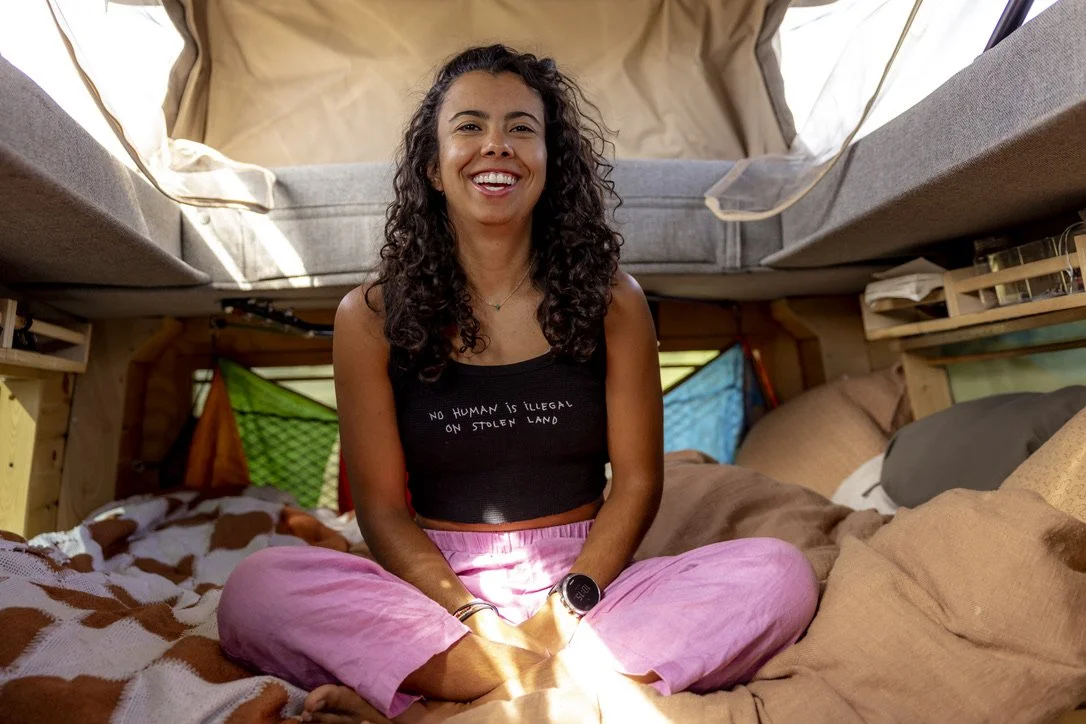
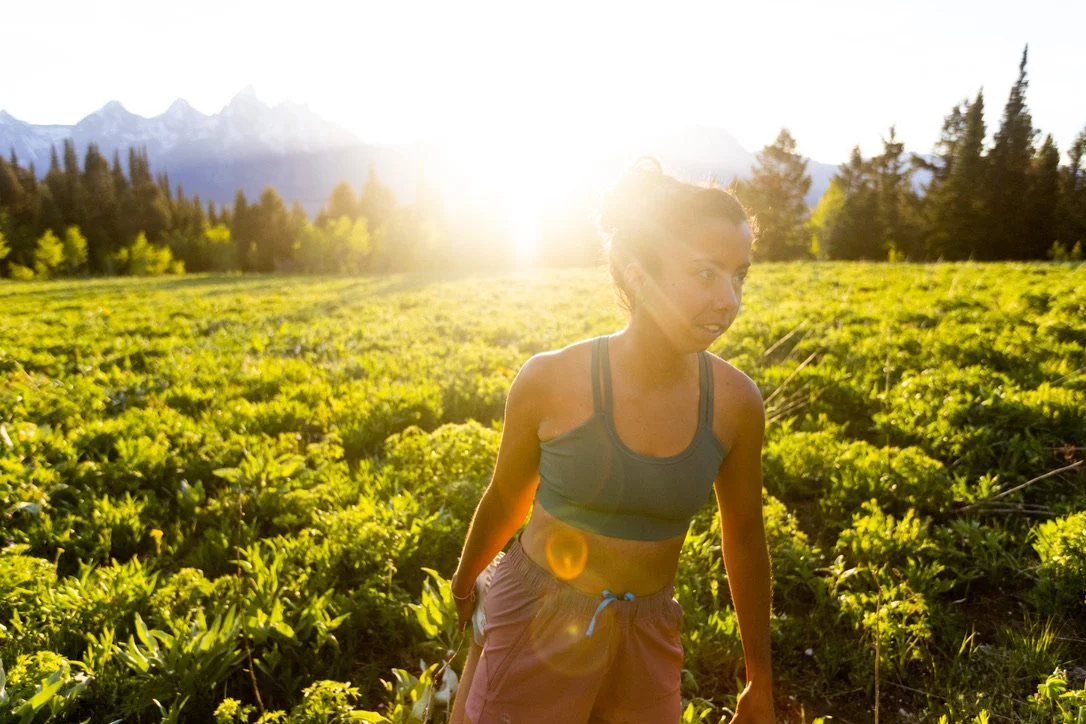
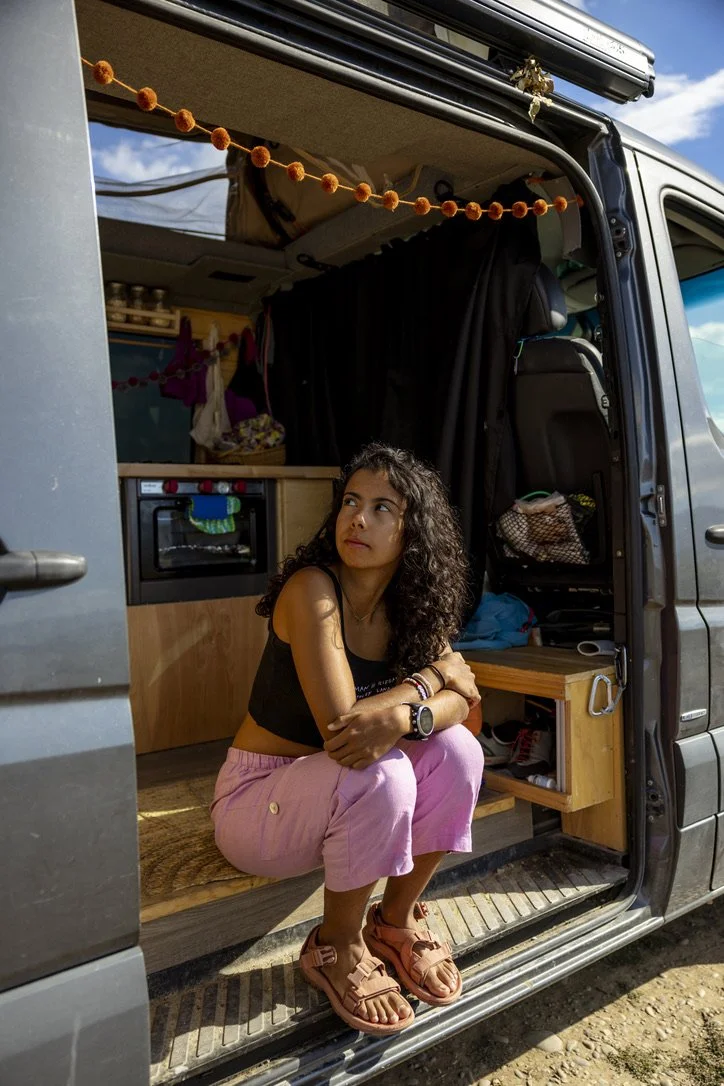


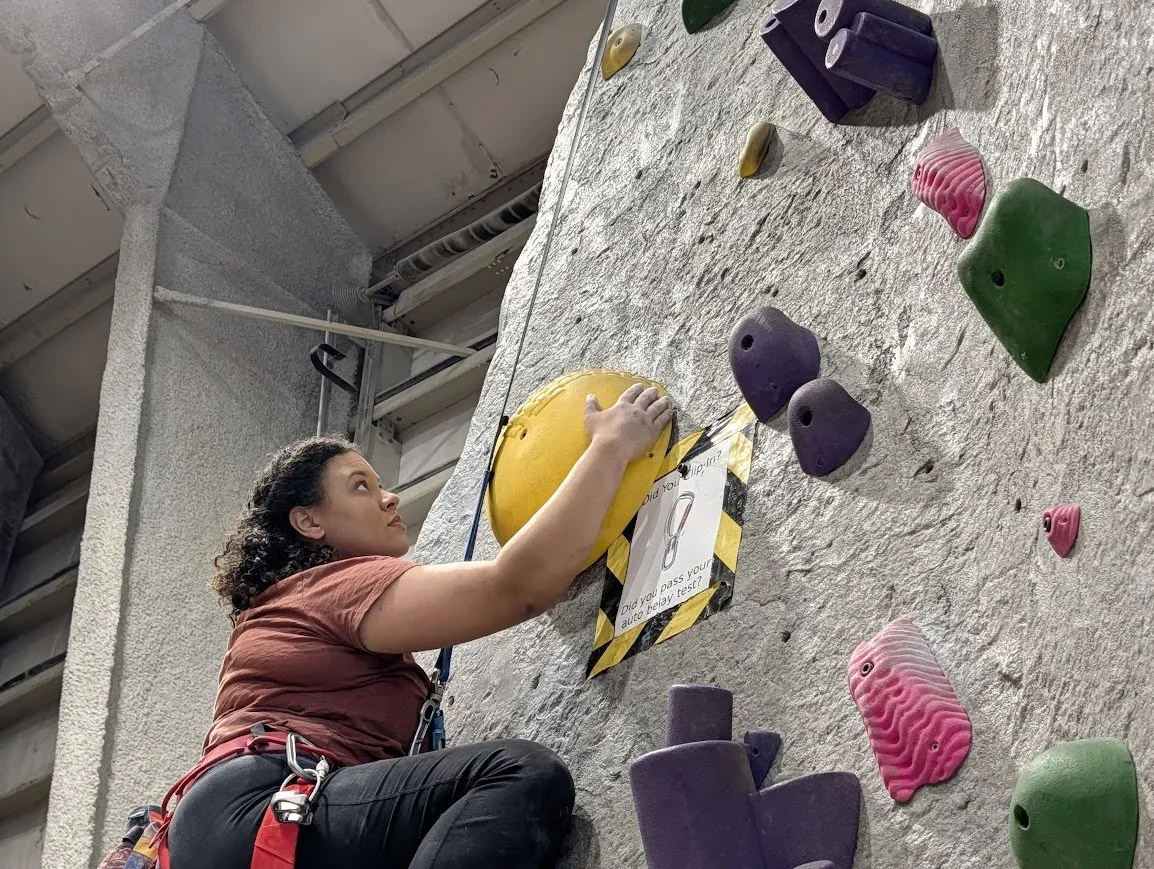
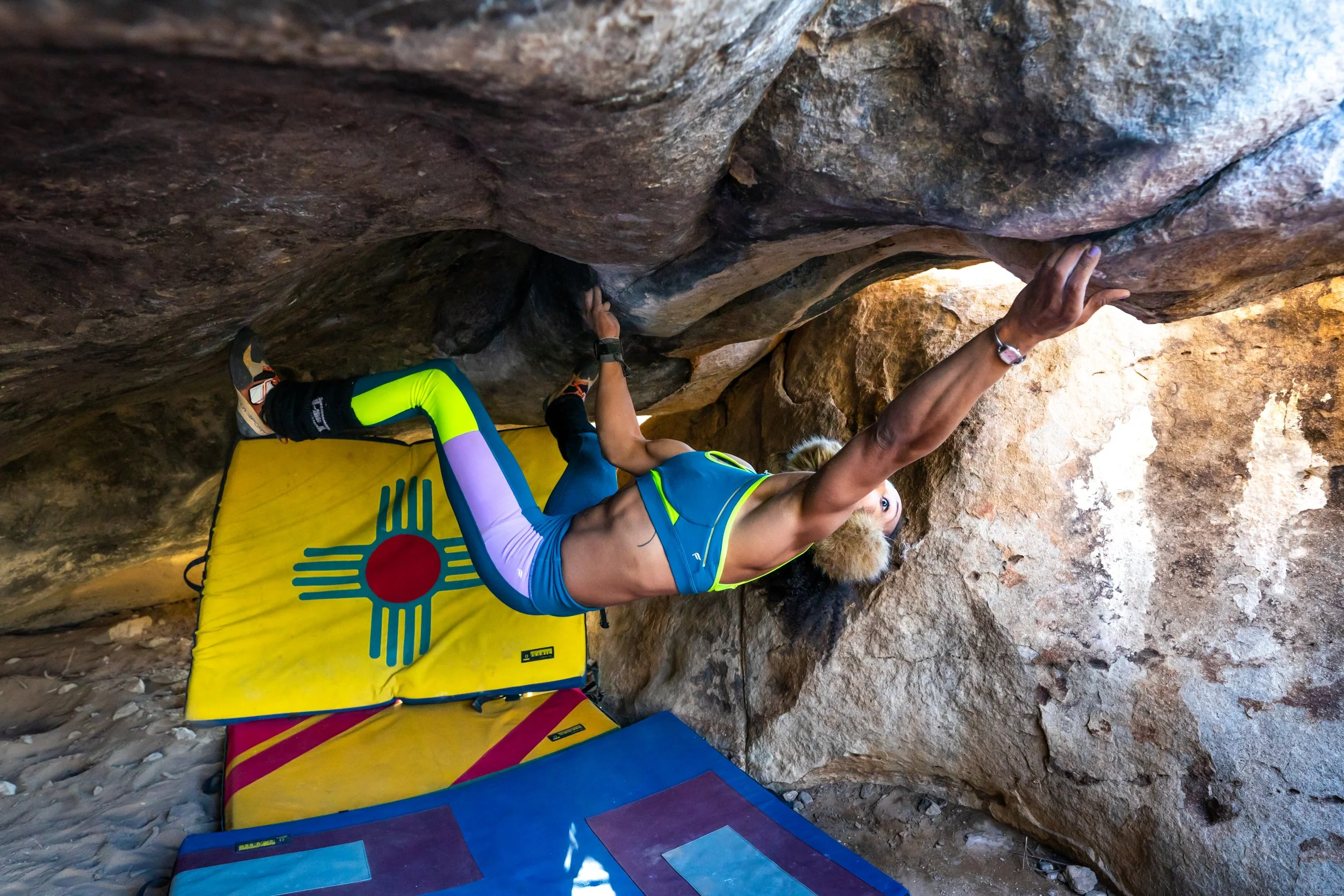
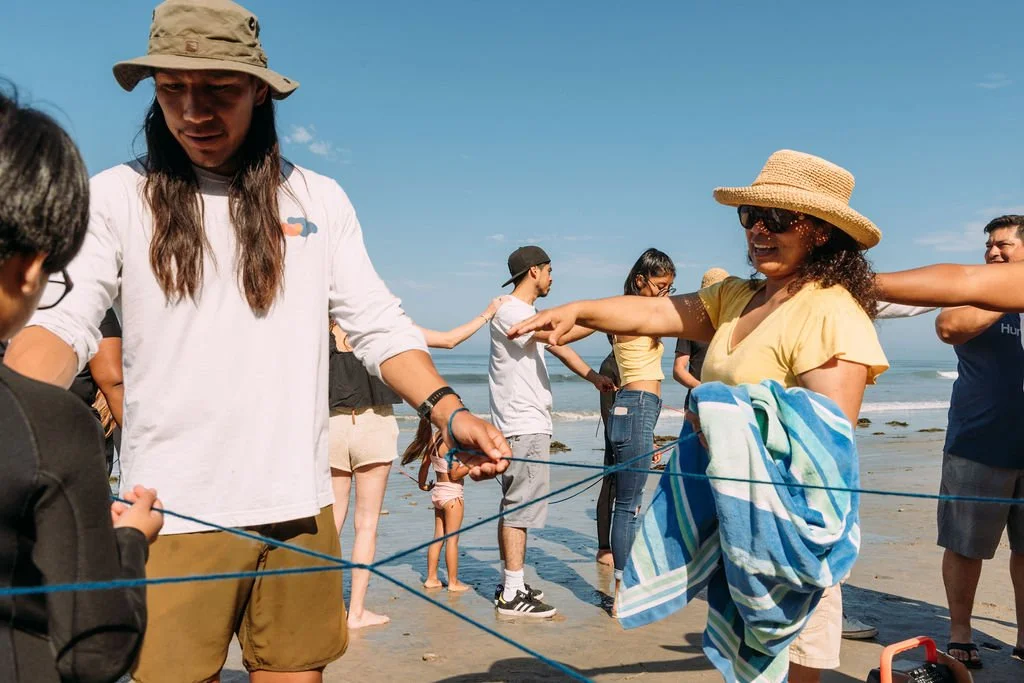

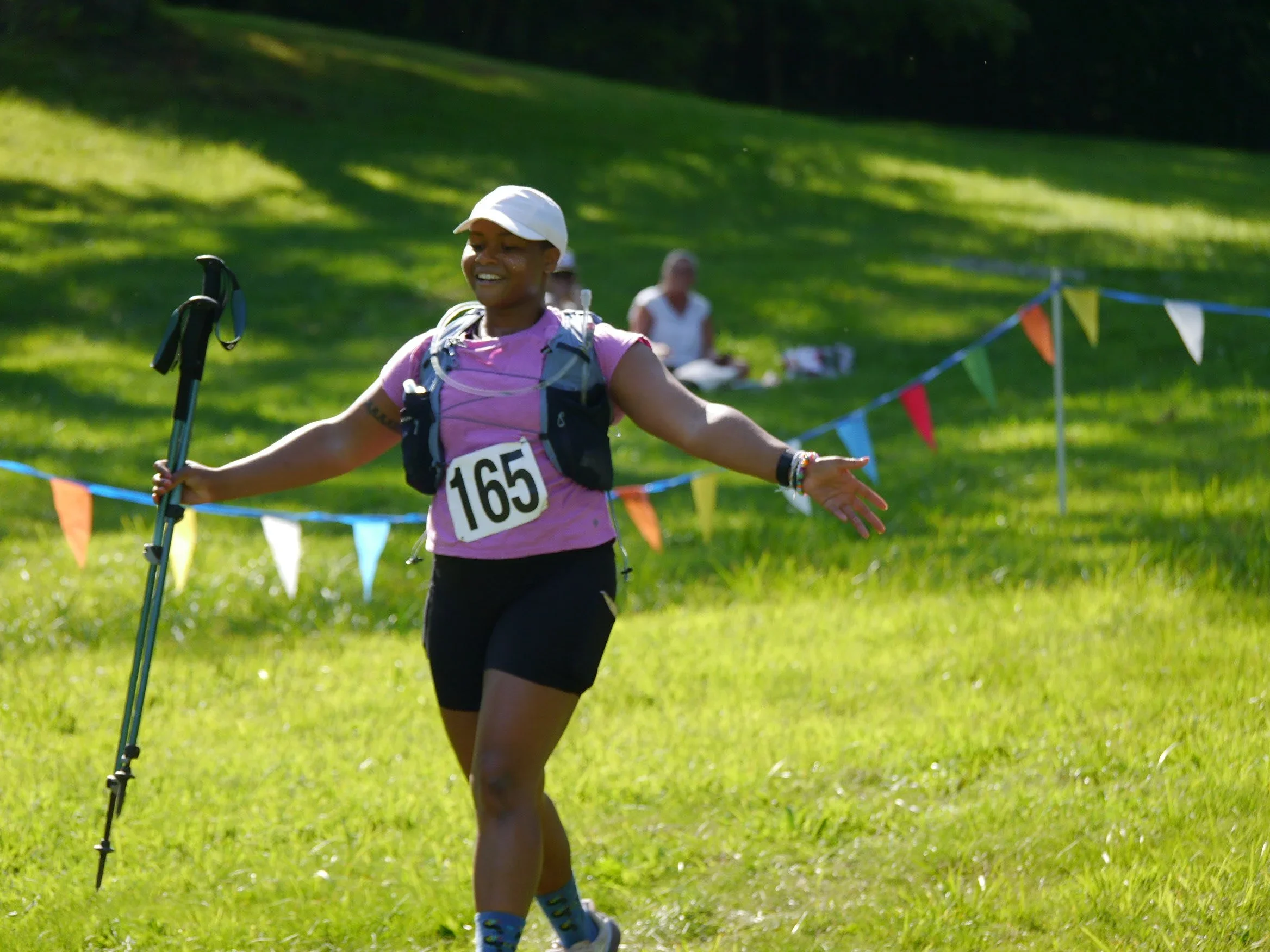

Maybe it’s time to stop worshipping Muir, Pinchot, Roosevelt, Wilson and Grant, and to start listening to Black and Indigenous environmental leaders.